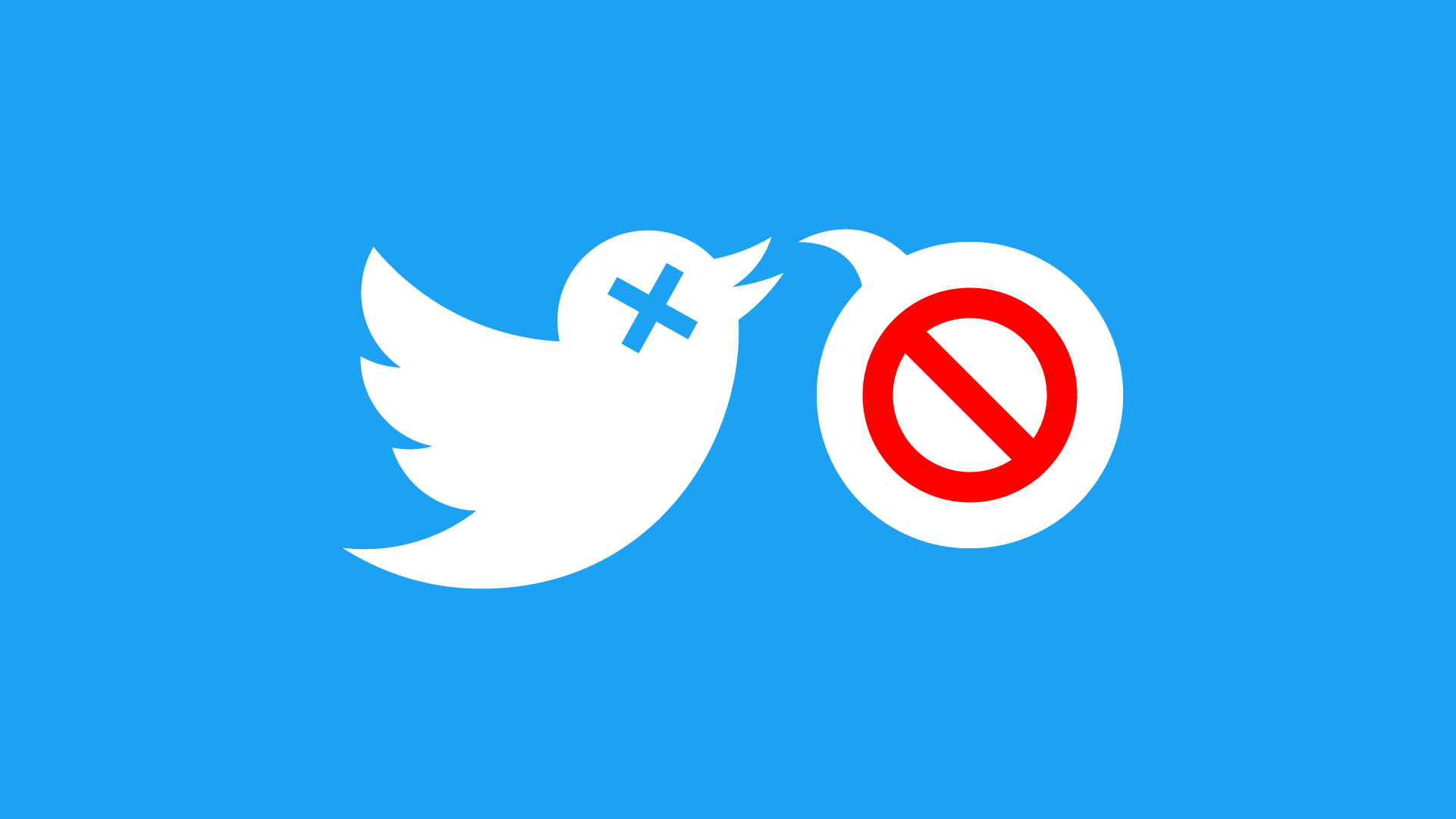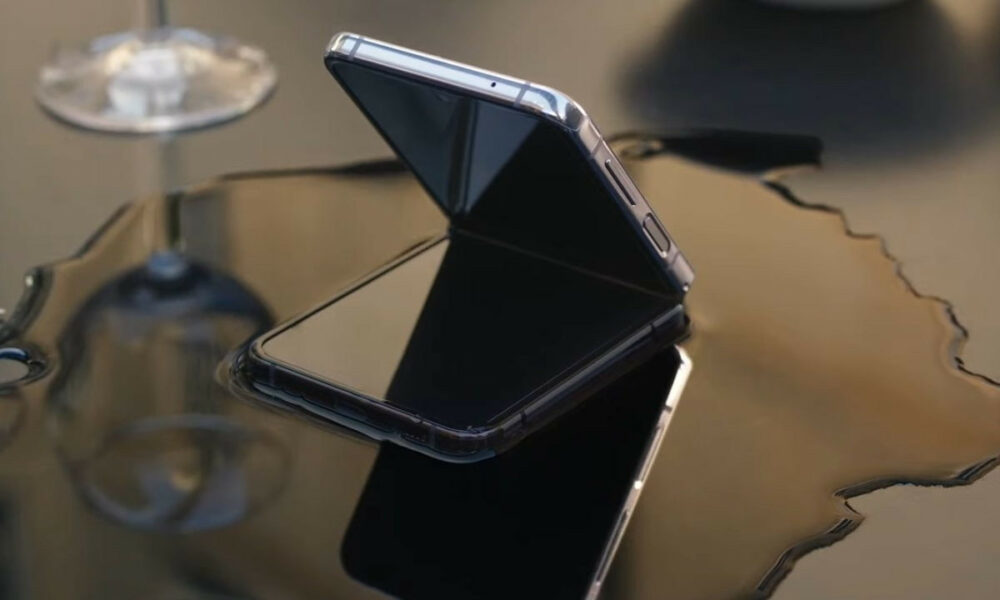
Twitter may have a plan to hide all the old tweets, including the ones we don’t really assume anymore. The option would be to archive all messages passed after a certain date. But the option could also have unwanted repercussions.
” Anything you say can be used against you. This sentence, frequent in the detective serials, could also apply easily to Twitter: indeed, it is not rare to see Internet users exhume old messages published by others on the social network and bring them out again to put them in difficulty. This phenomenon, perhaps the community site could put an end to it in the future.
In its September 2 edition, Bloomberg points out that the platform is working on functionalities aimed at making the service more user-friendly, by giving other control options to its members. Certain concepts (the possibility of removing subscribers, hiding tweets that you like, leaving conversation loops) are clearly designed for confidentiality purposes.
Hide this tweet that I could not assume
One of the thoughts in the making could, however, have a significant impact on the social network. There are plans to develop a function to archive your own tweets after a certain period of time – after a certain number of days, weeks, months or years. Once archived, the messages would be hidden from view of Internet users, except from the person who originated them.
This concept is, according to Bloomberg, at a still exploratory and definitive stage. Periods of 30, 60 and 90 days are mentioned, as well as one year. These deadlines are not final and could be supplemented by others and possibly revised. It is also not certain that this device will eventually see the light of day, and, if so, will benefit everyone.
In fact, such an option would have the effect of gradually making old messages fall into oblivion. The benefits of hiding old publications are obvious: this avoids facing the scenario of an Internet user who intends to confront his interlocutor with his contradictions, by showing that he held such and such a position a few years ago and that he has a whole different story today.
It would be a kind of extension of the right to be forgotten: to avoid seeing the reemergence of errors, slippages, outbursts that occurred a certain number of years ago, which can sometimes have significant repercussions in the present time.

There is no shortage of specific cases: filmmaker James Gunn was fired by Marvel for old tweets published in 2008 and 2009 containing jokes about rape and pedophilia. Singer Bilal Hassani was criticized for tweets in 2014 – he was 14 at the time – about Dieudonne, Israel and crimes against humanity. Another example: the tweets published in 2012 by an American teenager were also raised and had the effect of putting her family in difficulty, with the boycott of the establishment run by her father.
Some might say that it is on the contrary important to be able to know what someone has said on social networks, in order to be able to know what to expect. No doubt this reflection can be considered for adults who are also public figures. We could consider it normal, for example, that in the case of a policy, we can have access to past positions, in order to document its possible evolution on a particular subject.
Such functionality, undeniably, has repercussions on several levels. It can certainly generate undeniable benefits for certain audiences. We think, for example, of minors who can have fiery remarks, reflecting the ardor of youth, but towards whom they dissociate themselves from it once adults – the cases of Bilal Hassani and the American teenager bear witness to this. But it also raises the question of monitoring public speaking, among others.
The negative consequences could however be more limited than one thinks: insofar as the archiving would not be triggered – if the deployment of the option really takes place – that after several tens of days, this leaves some time for the media and other accounts on Twitter to see comments made by public figures, and to process them, to discuss or criticize their content. Even if the tweet itself is no longer visible, traces will remain via news websites or some screenshots.
The implications are potentially huge, but the exact scope of the tool will depend on how Twitter intends to design it. It could be a happy medium (especially since we can imagine that once offline, it would be possible to review old messages in peace, to see what we want to keep or not) with the other option that exists and which is even more radical: there are third-party tools that allow you to mass delete messages on the site. This time, they are no longer just hidden: they are permanently erased.



